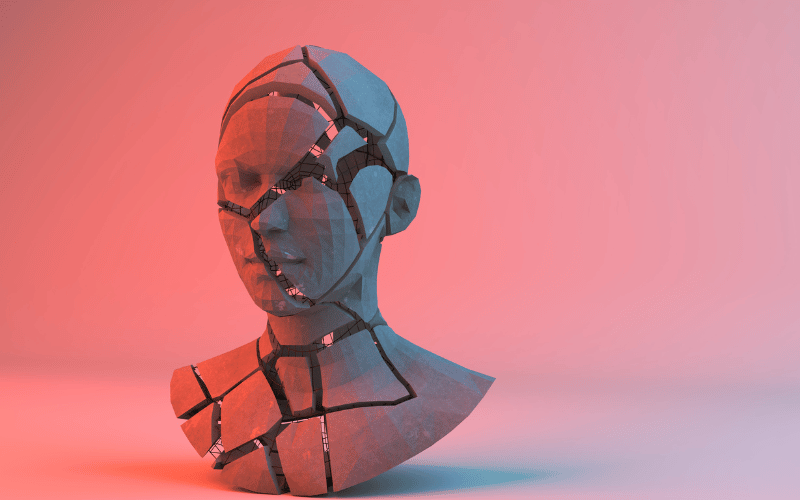Fact 2: An Interwoven Cycle: How Anxiety and Dementia Fuel Each Other

Dementia and anxiety have a complex, bidirectional relationship. Not only can anxiety lead to an increased risk of developing dementia, but the cognitive decline characteristic of dementia can also trigger anxiety symptoms. This interplay can lead to a vicious cycle where each condition exacerbates the other, compounding the impact on the patient’s mental health.
When an individual with dementia experiences anxiety, their memory loss and confusion can worsen. This, in turn, can lead to increased fear and distress, further heightening their anxiety levels. This cyclic pattern makes managing dementia and coexisting anxiety a considerable challenge.
For health care providers and caregivers, understanding this interplay is critical for developing effective care strategies. By managing anxiety, they can potentially mitigate its impact on dementia symptoms, slowing cognitive decline, and improving the patient’s overall quality of life.
Interestingly, the relationship between anxiety and dementia symptoms is not solely negative. Some research suggests that anxiety could heighten individuals’ awareness of their cognitive decline. While this increased awareness can cause distress, it could also motivate individuals to seek help earlier, potentially leading to earlier diagnosis and intervention. (2)